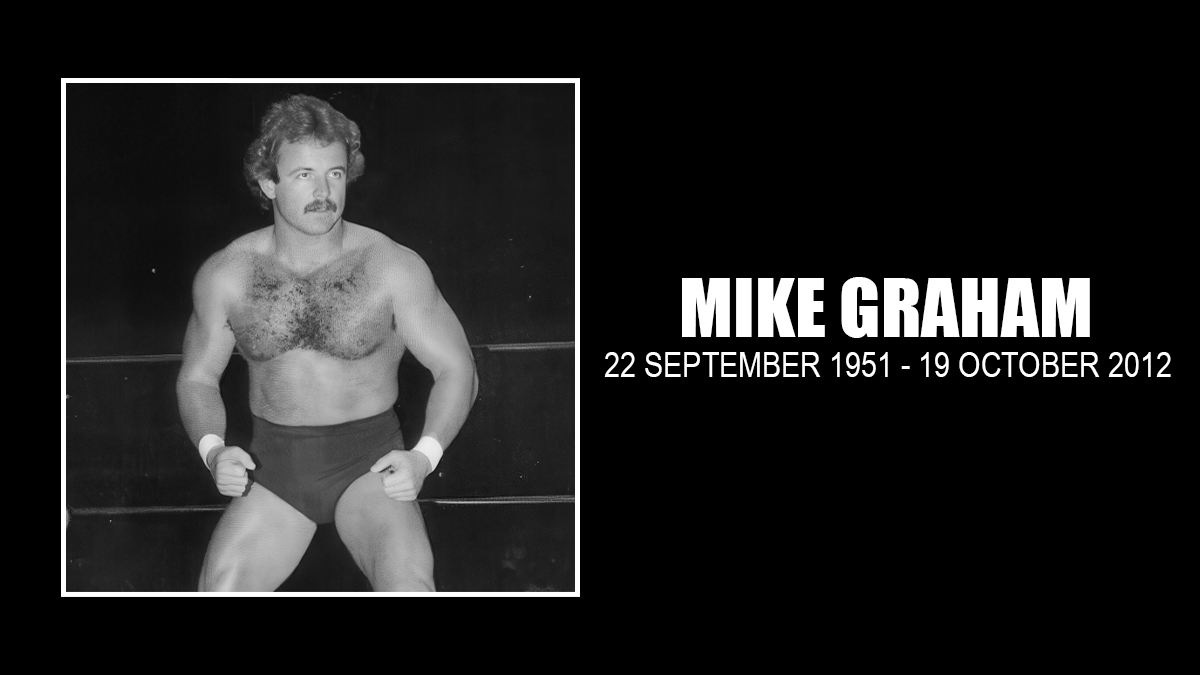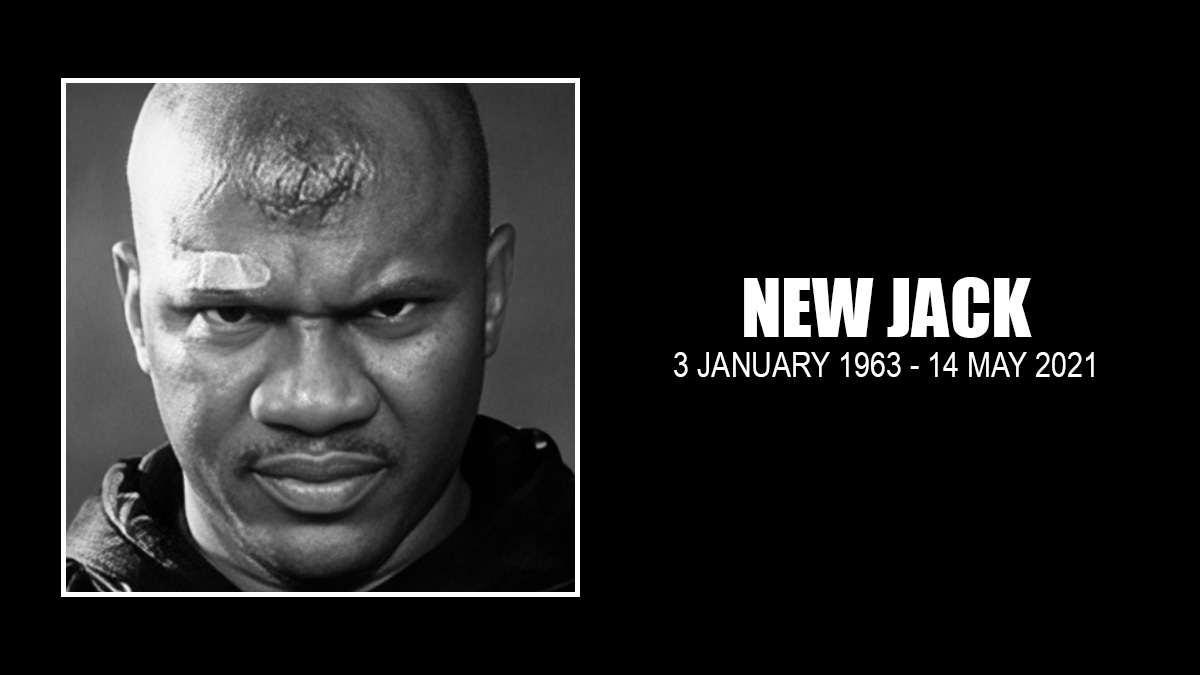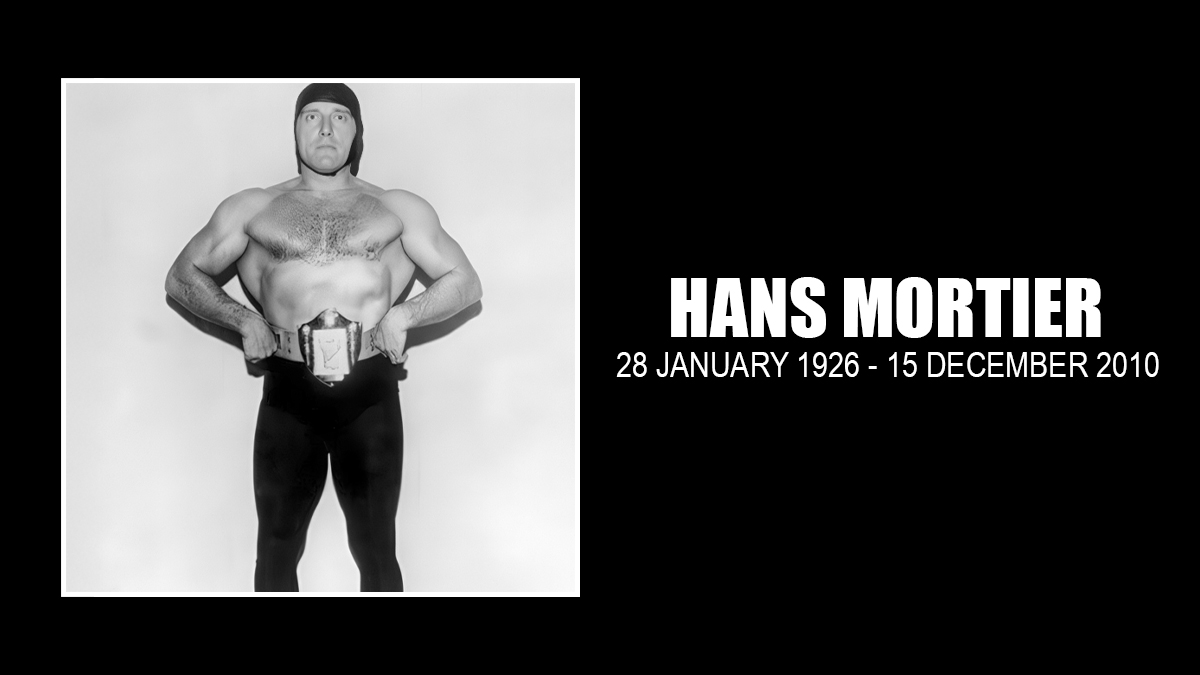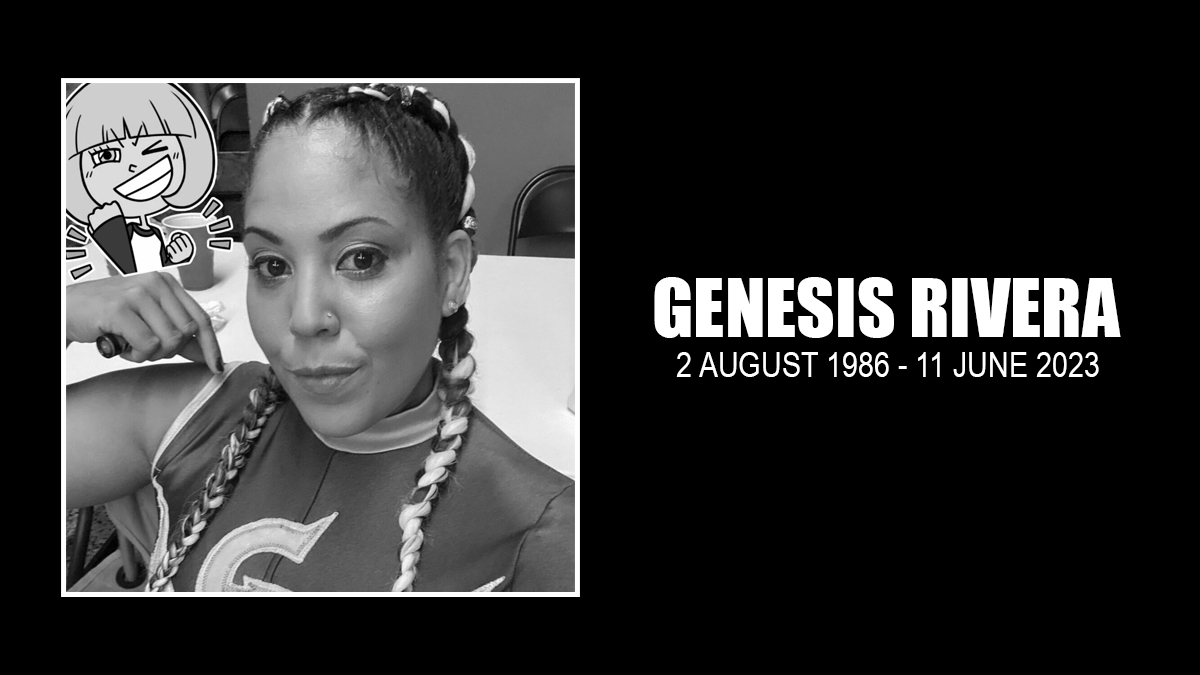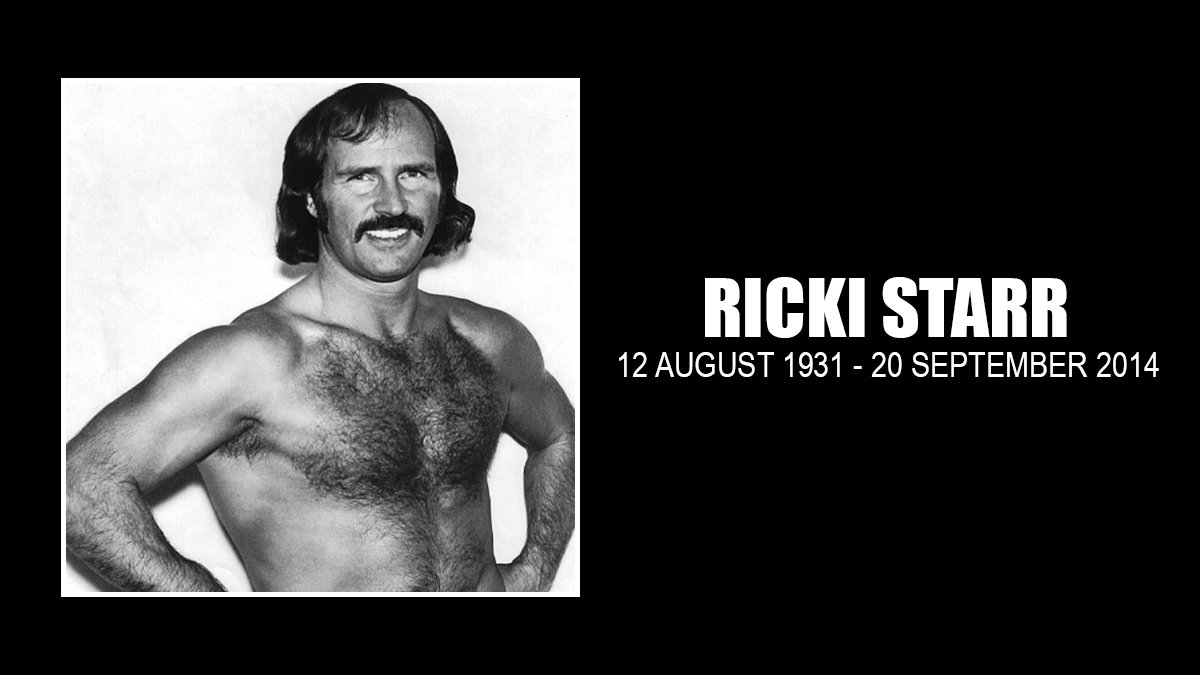Mike Graham, a fixture of the Florida wrestling scene for half-a-century as an amateur, professional and promoter, died Friday at the age of 61.
The son of legendary Florida promoter Eddie Graham, Graham — real name Michael Gossett — was reportedly found dead in Daytona, Beach, Fla., where he and his wife were attending a bicycling event.
Additional details were not immediately available, but the death reverberated around the wrestling industry because just about every star in the business passed through the Florida territory at some point in his career.
“He was always great to me. There’s not a whole lot you can say,” said longtime WWE trainer Dr. Tom Prichard. “It’s just very sad.”
Graham first made a mark in Florida amateur wrestling, a venture his dad supported, becoming a three-time state AAU champion and a Junior Olympics title at 198 pounds.
“As a 3 year old toddler, he began hanging around the gyms where his dad trained and wrestled and it was about all he ever knew. As impossible as it seemed, he, too, began to hope he might someday team with his dad in the ring,” Jim Selman of the Tampa Tribune wrote just before Mike’s pro debut in 1972.
He left the University of Tampa to turn pro, against the wishes of his mother Lucy. “It’s a rough life, I knew — it’s no fun to see your husband come home bleeding, and I didn’t want Mike’s wife to put up with that,” she said to the Orlando Sentinel in 1985.
Graham toured a few territories but was most known for his association with Championship Wrestling from Florida, which he took over in 1985 when his father committed suicide.
During about 18 years as an active wrestler, he held a number of titles, including the Florida tag title with close friend Steve Keirn. As a wrestler, he was a technically skilled babyface with no particularly gimmick.
“I’ve wrestled and teamed with Mike Graham when he first started in the business. I remember that Steve Keirn and himself were inseparable at the time. They were doing scuba diving, they were both starting in wrestling, they were always together, ” said Paul Leduc, who worked in the Florida territory at the time.
Terry Funk said he thought Graham was held back to some extent by his father, who was concerned fans might reject a second-generation wrestler pished down their throats.
“He had a great amateur skills as well, but his dad wasn’t about to put him up there because that would mean it was nepotism with the family. And I truthfully believe that. I think Mike Graham, his dad could have pushed him up to become a superstar there, because he had tremendous ability. But he wouldn’t do that,” Funk said in an interview for The Pro Wrestling Hall of Fame: Heroes and Icons.
Graham sold the foundering Florida business to Jim Crockett Promotions in 1987, and worked in the 1990s, he worked as an agent with World Championship Wrestling, and found it unsatisfying. “In pursuit of chasing Vince McMahon, they completely lost sight of what the wrestling business was,” he told interviewer Alex Marvez in 2004.
He also sold the tape library from the Florida promotion to WWE; a reported seven-figure deal never was confirmed. Many of today’s WWE fans would know Mike Graham from his appearances on WWE DVDs and roundtables discussions on the WWE 24/7 station.
WWE.com reported on Graham’s death: “WWE is saddened to learn of the passing of Mike Graham, 61, son of legendary promoter Eddie Graham. While never under contract with WWE, he was part of our extended family. The sports-entertainment world lost a beloved member today. WWE extends its sincerest condolences to his family and friends.”
Graham suffered business misfortunes in recent years, and a restaurant he owned in Florida closed in 2011 after about two years of operation. He and his wife had been involved in real estate, which took a beating in Florida during the recession.
“When I was 19 and got in the business, my dad said to me, ‘Son, you’re never going to have life insurance or retirement pay, so you’ve got to make what you can. Start by buying all the real estate you can,” he said to Marvez. “In 1987 after I sold to Crockett, I had a lot of real estate that I started developing. I look at that as my real job now and wrestling as a fantasy.”
Friends said he also had struggled with the December 2010 death of his son Steven.
Funeral arrangements had not been disclosed.
